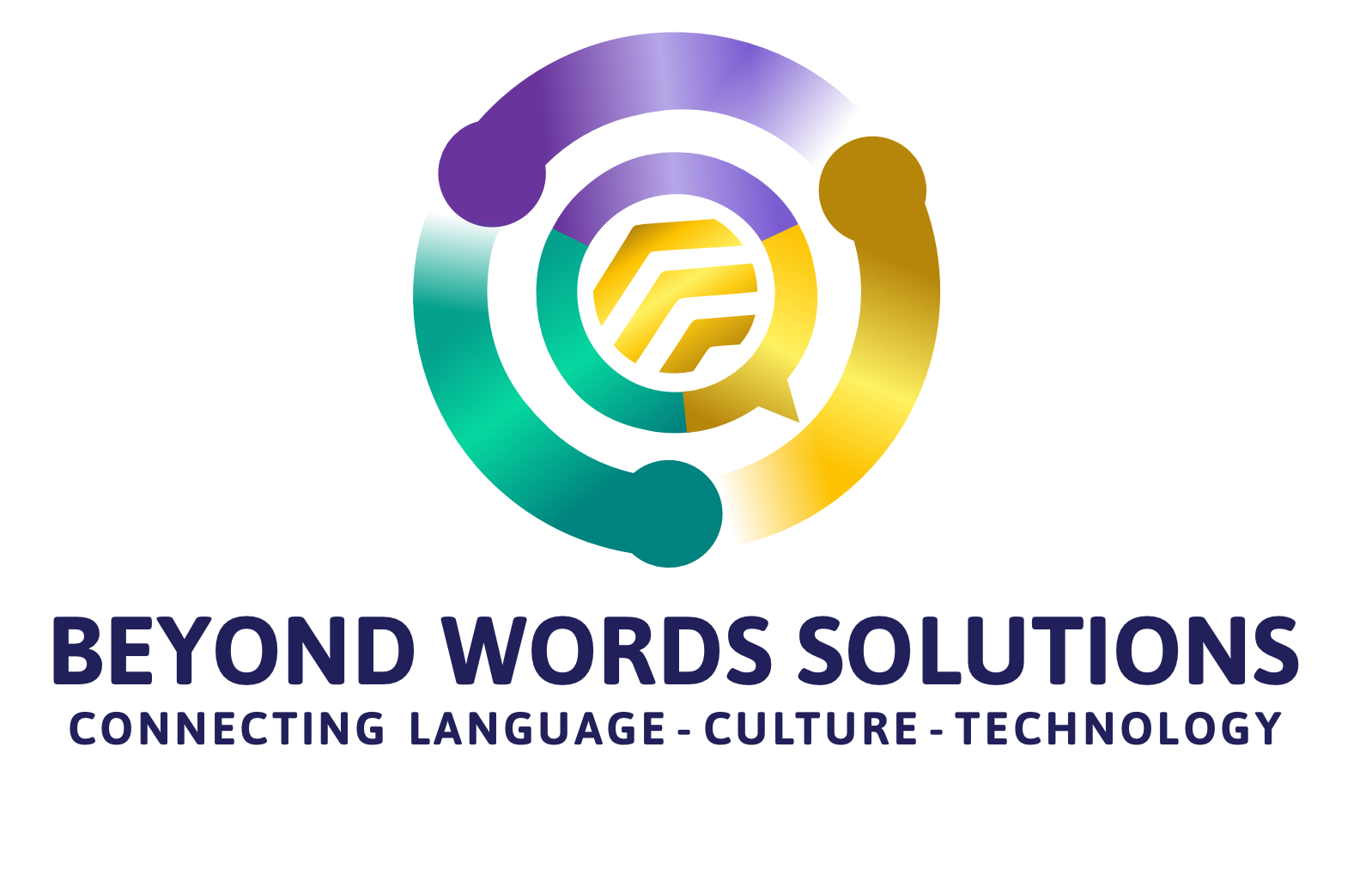Bilingualism, isn't the only prerequisite for being a translator. Although both activities entail communicating in two languages, translation is an art in itself, it requires special skills and techniques. Bilingualism only focuses on communicating in either of two languages interchangeably, while translation focuses on the ability to communicate between the two languages.Â
Some bilinguals learn both languages simultaneously and use both languages in the same setting while others learn their second language in a different setting.Â
While bilingualism has many advantages like divergent thinking, linguistic abilities, thought patterns, world perspective in general,
Oral fluency in a language, especially in social bilingualism isn't a guarantee for writing; talk less of advanced writing skills.Â
And even then, speaking and writing multiple languages is still not the only prerequisite for translation.Â
The ability to speak and/or write in multiple languages doesn't guarantee one's proficiency in the languages.Â
Knowledge of a language is just a part of it. Even a good knowledge of vocabulary and culture are not enough. The main qualities of a good translator include:
- Translation training, skills and techniques
- Native proficiency in target language
- Reading and comprehension skills
- Cultural knowledge in both source and target
In order to reduce cost, some employers still sacrifice quality by having bilingual employees translate official documents instead of hiring professional translators.Â
Translators are essentially writers who convey your message in the appropriate terminology, style and tone. They worry about the appropriateness of the message in the target culture. A bilingual would render render word-for-word translation and would have trouble translating idiomatic expressions.
Communicating someone else's message into another language distinguishes bilingualism from translation.Â



This is a really very helpful & informative article. Thanks for sharing your thoughts on this subject! I really appreciate your research.